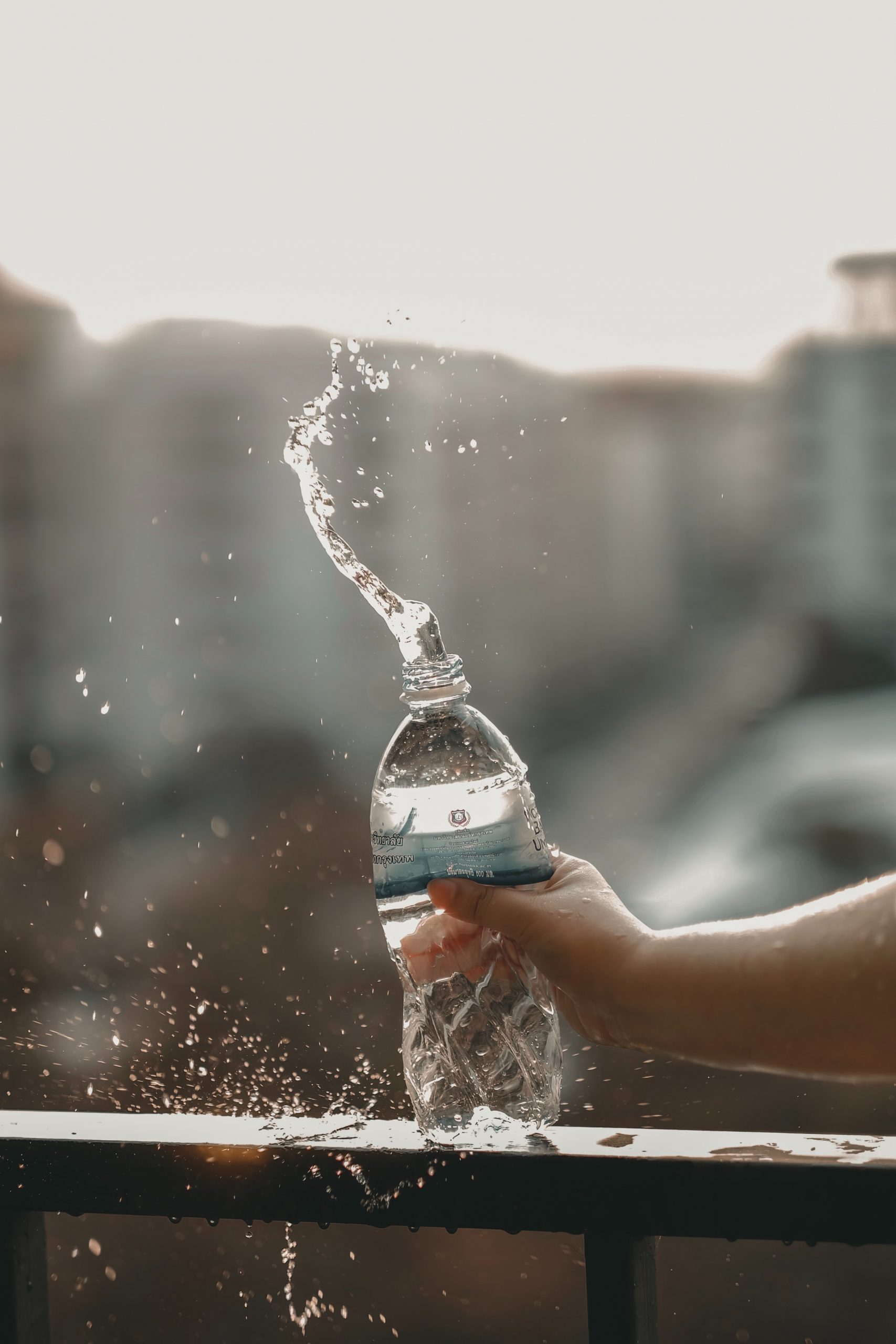The first sign of dehydration is usually thirst. However, many seniors have lost their sense of thirst, so learning to stay hydrated is essential. Water is necessary for joint lubrication, blood circulation, regulating body temperature, and many other bodily functions.
Other symptoms of dehydration include headache, confusion, dry mouth, lowered blood pressure, rapid heart rate, and dizziness. Staying well-hydrated is key to prevention. It’s important to replace fluids throughout the day, so consider the following:
- If you don’t enjoy plain water, consider adding pieces of fresh fruit to improve the flavor.
- Use caution with fruit juices. They contain large amounts of sugar. Consider mixing your juice with water, especially if you have diabetes.
- Tea and coffee can hydrate you, but they often act like diuretics, which can cause you to urinate frequently.
- Consider eating foods with high water content like cucumbers and watermelon.
- Soups and broths can also hydrate you, but be aware of the amount of sodium they contain.
- If you can’t drink and 8 oz. glass without getting full, try sipping on your beverages throughout the day.
- Keep a water bottle with you throughout the day, and set a reminder on your phone to drink water every hour.
Be aware that certain health conditions, such as kidney or liver disease, may have fluid restrictions. So talk with your doctor about what you might need to do to stay hydrated.


